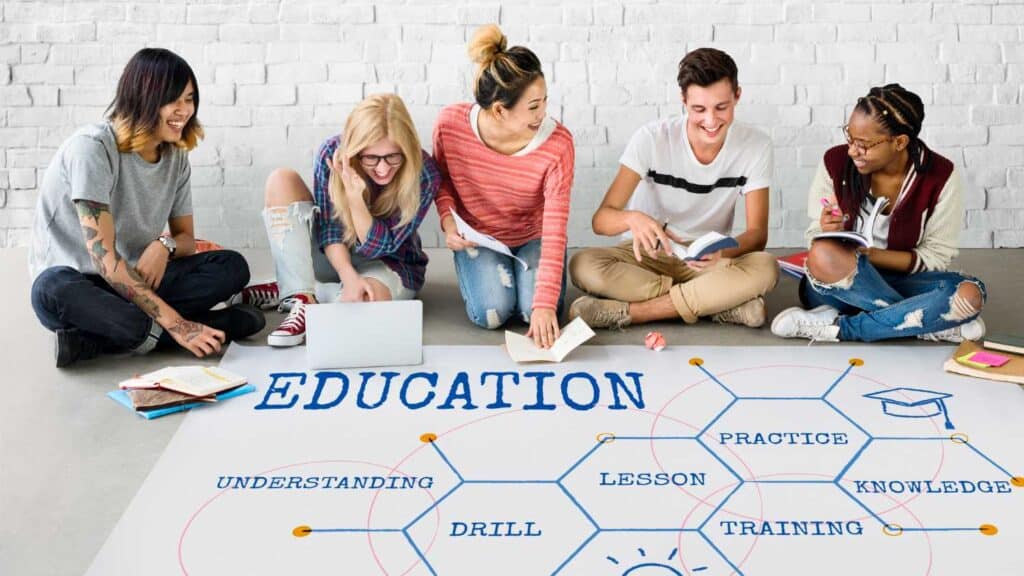Exploring the Benefits and Choices in the Education Sector: Transitioning from Blue-Collar Jobs to Teaching

As children grow, parents naturally want them to learn to read and write, as these are fundamental skills for communication and literacy. However, some parents might mistakenly believe that forcing their children to read and write equates to them having learned these skills. This approach can actually be counterproductive. This article will explore why forcing children to read and write isn’t the best method and how to better help them enhance their word recognition and reading abilities.
The Crucial Role of Preschool Education in Malaysia

As children grow, parents naturally want them to learn to read and write, as these are fundamental skills for communication and literacy. However, some parents might mistakenly believe that forcing their children to read and write equates to them having learned these skills. This approach can actually be counterproductive. This article will explore why forcing children to read and write isn’t the best method and how to better help them enhance their word recognition and reading abilities.
The Importance of Recognizing Words: Why Forcing Children to Write Isn’t the Best Approach

As children grow, parents naturally want them to learn to read and write, as these are fundamental skills for communication and literacy. However, some parents might mistakenly believe that forcing their children to read and write equates to them having learned these skills. This approach can actually be counterproductive. This article will explore why forcing children to read and write isn’t the best method and how to better help them enhance their word recognition and reading abilities.
A Life Trapped: The Helpless Routine of a 9-to-6 Job

Every morning, as soon as the first light breaks, my time is no longer my own. I drag myself out of bed, my body and mind still in a state of slumber, but the relentless alarm clock pushes me into the endless cycle of daily work life.
I miss the days when I could work from home, take a little break, and not have to rush out every morning. There was no need to endure the crowded traffic and the frustration of being stuck in jams.
Choosing an Effective Online Learning Platform for Your Child: Key Considerations

In today’s fast-paced society, parents are increasingly burdened with work pressures, leaving them little time to spend with their children or to drive them to tutoring sessions. However, a child’s academic performance remains a constant concern for parents, making online classes a viable solution. Below, we discuss the benefits of online classes for children and explore how they can address and alleviate parental concerns.
Why Are Young People Today Less Focused on Academic Degrees?

This is a widely discussed topic, and one significant reason is that the education system and environment place too much emphasis on theoretical knowledge from textbooks, while not giving enough attention to practical skills. This phenomenon has led many graduates to find that the theories they learned in school don’t match up with the real world, causing them to lose faith in academic degrees.
Educational Franchise: Choose Wisely for Long-Term Value

The education industry has been gaining significant attention lately. Many see the business opportunities and wish to partner with educational institutions. But is it challenging to become a partner in this field? Absolutely. However, this high barrier to entry ensures long-term business returns and stability.
Why is preschool more important than family care at home?

Children between the ages of 3 and 6 are in a crucial stage of growth, with rapid brain development that makes them highly receptive to new knowledge. It’s during this period that their learning and social skills can be effectively nurtured and honed, laying a solid foundation for their future academic and life achievements. However, many families opt for grandparents or nannies to care for children at this stage, which can lead to problems like overindulgence, lack of independence, reticence, and poor communication skills. This article discusses why preschool education is more beneficial than home care by relatives, how it provides children with the best start, and the lifelong benefits of fostering self-directed learning and confidence.
Step into an Ice Cream Shop and Transform into a “One-Day Ice Cream Shop Assistant” – What a Dream Come True for the Kids!

The year-end school holidays are just around the corner, and this time, YELAOSHR Creative Preschool+ is giving children the opportunity to experience the process of making and selling ice cream firsthand by becoming “One-Day Ice Cream Shop Assistants.” As part of this exciting activity, the children visited an actual Inside Scoop outlet, where they worked […]
